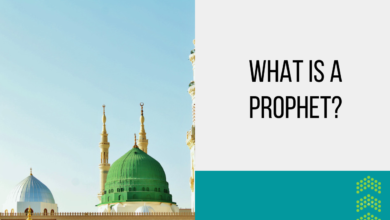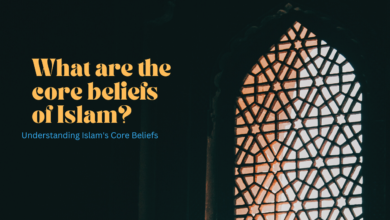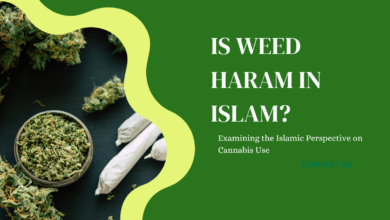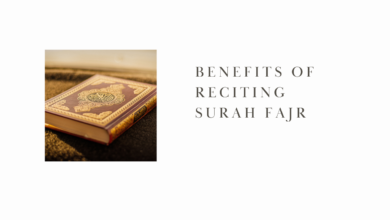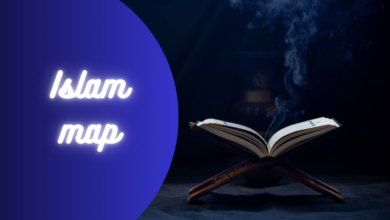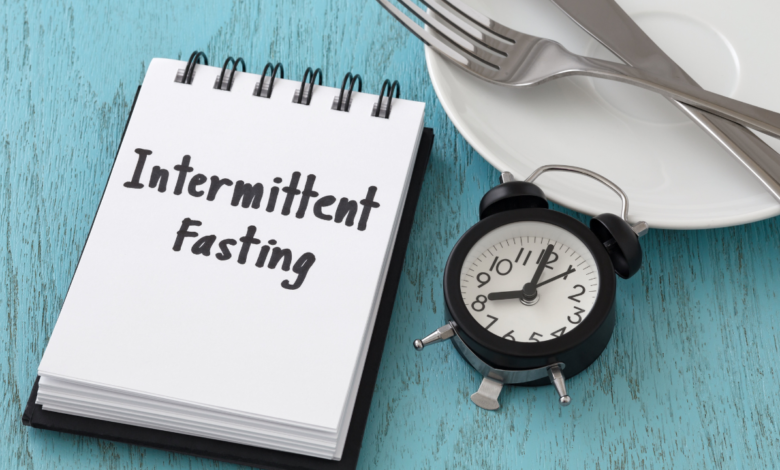
Fasting in Islam
Fasting in Islam, known as “Sawm” in Arabic, is a religious practice observed by Muslims during the month of Ramadan. It involves abstaining from food, drink, and other physical needs from dawn (Fajr) until sunset (Maghrib).
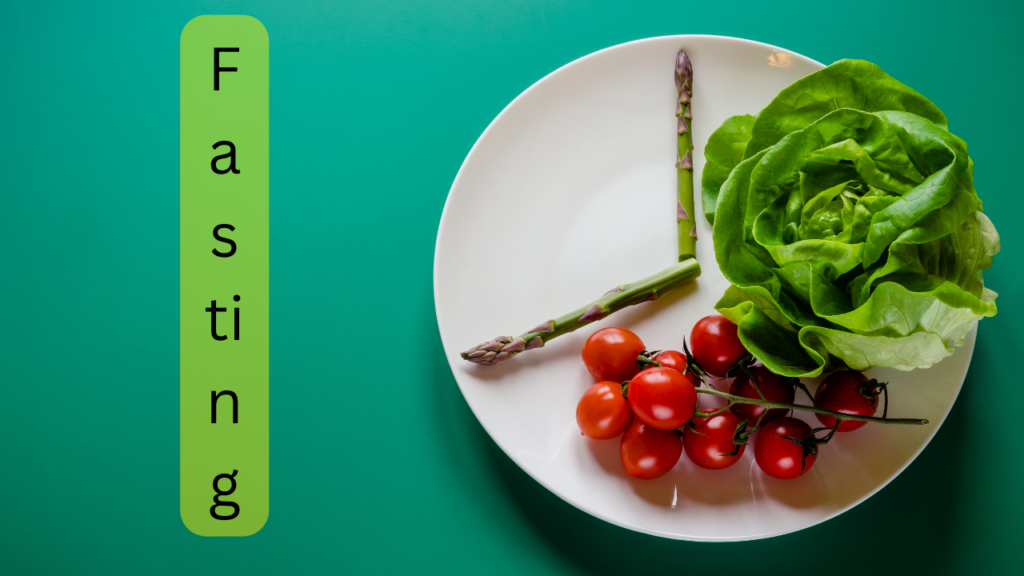
Introduction
Fasting is a fundamental practice in Islam, observed by millions of Muslims worldwide as one of the Five Pillars of Islam. This religious obligation involves abstaining from food, drink, and other physical needs from dawn until sunset during the month of Ramadan. However, fasting in Islam goes beyond mere dietary restrictions; it is a deeply spiritual and transformative experience that fosters self-discipline, empathy, and a closer connection to God.
The Month of Ramadan
Ramadan is the ninth month of the Islamic lunar calendar, and it holds special significance for Muslims around the world. It is believed that during this month, the Quran, the holy book of Islam, was first revealed to the Prophet Muhammad by the Angel Gabriel. As a result, Ramadan is considered the holiest month for Muslims, a time for increased devotion, reflection, and worship.
The Purpose of Fasting
Fasting in Islam serves multiple purposes, both spiritual and ethical:
- Spiritual purification: Fasting is a means of purifying the soul. By abstaining from physical needs, Muslims aim to cleanse their hearts and minds, fostering a closer connection to God. This spiritual cleansing allows Muslims to approach their faith with greater sincerity and devotion.
- Self-discipline: Fasting requires immense self-control. Muslims refrain from eating and drinking during daylight hours, even when tempted by hunger and thirst. This practice instills discipline, helping individuals develop control over their desires and impulses.
- Empathy and solidarity: Fasting encourages empathy for those who are less fortunate. Muslims are reminded of the daily struggles faced by the impoverished and hungry. This awareness often leads to increased charitable acts during Ramadan, as Muslims seek to alleviate the suffering of others.
- Reflection and self-improvement: Ramadan is a time for self-reflection and self-improvement. Muslims use this period to assess their lives, seek forgiveness for past wrongs, and make resolutions for positive changes in the future.
Also Check
- How was the Quran revealed to Muhammad (PUBH)?
- What is Ashura Islam?
- What is Jihad in Islam?
- Is Milk Halal in Islam?
- Can Muslims eat beef?
The Daily Routine of Fasting
Fasting during Ramadan follows a specific routine:
- Suhoor: Muslims begin their fast with a pre-dawn meal called suhoor. This meal provides sustenance throughout the day and typically consists of a nutritious and filling selection of foods.
- Abstaining from food and drink: From dawn (Fajr) until sunset (Maghrib), Muslims abstain from all forms of food, drink, and tobacco. They also avoid sinful behavior and negative thoughts.
- Breaking the fast: At sunset, Muslims gather to break their fast with a meal called iftar. Traditionally, this meal begins with the consumption of dates and water, following the example of the Prophet Muhammad. Iftar is often a communal event, bringing families and communities together.
- Additional prayers and Quranic recitation: During Ramadan, Muslims engage in increased acts of worship, including additional daily prayers and recitation of the Quran. This spiritual effort deepens their connection to God.
The Night of Decree (Laylat al-Qadr)
One of the most significant nights during Ramadan is Laylat al-Qadr, or the Night of Decree. It is believed to occur during one of the odd-numbered nights in the last ten days of Ramadan, with the 27th night being the most commonly observed date. Muslims believe that during this night, God’s blessings and guidance are abundant, and any good deeds performed are magnified in reward. Many Muslims spend this night in intense prayer and reflection, seeking God’s forgiveness and guidance.
Conclusion
Fasting in Islam is a powerful practice that serves as a means of spiritual purification, self-discipline, and empathy for others. It fosters a profound connection to God and offers an opportunity for personal growth and reflection. Ramadan, with its daily routine of suhoor, abstaining from food and drink, iftar, and increased acts of worship, is a time of heightened devotion and self-improvement for Muslims. Through fasting, Muslims strengthen their faith and strive to become better individuals, embodying the principles of Islam in their daily lives.

Frequently Asked Questions About Fasting in Islam
What is fasting in Islam?
Fasting in Islam, known as “Sawm” in Arabic, is a religious practice observed by Muslims during the month of Ramadan. It involves abstaining from food, drink, and other physical needs from dawn (Fajr) until sunset (Maghrib).
When does Ramadan occur?
Ramadan is the ninth month of the Islamic lunar calendar, and its timing shifts each year. It typically lasts for 29 or 30 days, depending on the sighting of the moon.
Why do Muslims fast during Ramadan?
Muslims fast during Ramadan as an act of worship and obedience to Allah (God). It is one of the Five Pillars of Islam and serves to promote self-discipline, spiritual reflection, and empathy for those who are less fortunate.
Who is required to fast during Ramadan?
Fasting during Ramadan is obligatory for all adult Muslims, with a few exceptions. These exceptions include individuals who are ill, pregnant or nursing, traveling, menstruating, or going through certain health conditions.
What is Suhoor and Iftar?
Suhoor is the pre-dawn meal before the fast begins, typically eaten before the Fajr prayer. Iftar is the evening meal that breaks the fast at sunset (Maghrib). Both Suhoor and Iftar are communal activities and important aspects of Ramadan.
Can children fast during Ramadan?
Children are not obligated to fast before reaching the age of puberty. However, many children start practicing fasting gradually, beginning with a few hours and increasing it as they grow older to prepare for adulthood.
What is the significance of Laylat al-Qadr during Ramadan?
Laylat al-Qadr, often referred to as the “Night of Decree” or the “Night of Power,” is believed to be the night when the first verses of the Quran were revealed to the Prophet Muhammad. It falls within the last ten days of Ramadan and is a night of intense worship and supplication.
Can non-Muslims participate in fasting during Ramadan?
Non-Muslims are not obligated to fast during Ramadan, but they can choose to do so out of respect or to understand the experience better. It is important to be mindful of the cultural and religious significance of fasting during this month.
What are the benefits of fasting in Islam?
Fasting in Islam is believed to have both spiritual and physical benefits. It helps individuals develop self-control, empathy for the less fortunate, and a stronger connection with Allah. It can also promote better health when done in moderation.
How is Eid al-Fitr celebrated?
Eid al-Fitr, the festival that marks the end of Ramadan, is celebrated with communal prayers, feasting, giving of gifts, and acts of charity. Muslims wear their finest clothes and gather with family and friends to express gratitude and joy.
Is it permissible to break the fast for medical reasons?
Yes, if fasting poses a genuine threat to one’s health or well-being, it is permissible to break the fast and make up for missed days later. Consultation with a knowledgeable religious authority or healthcare professional is recommended in such cases.
